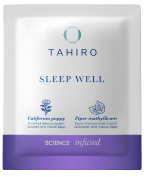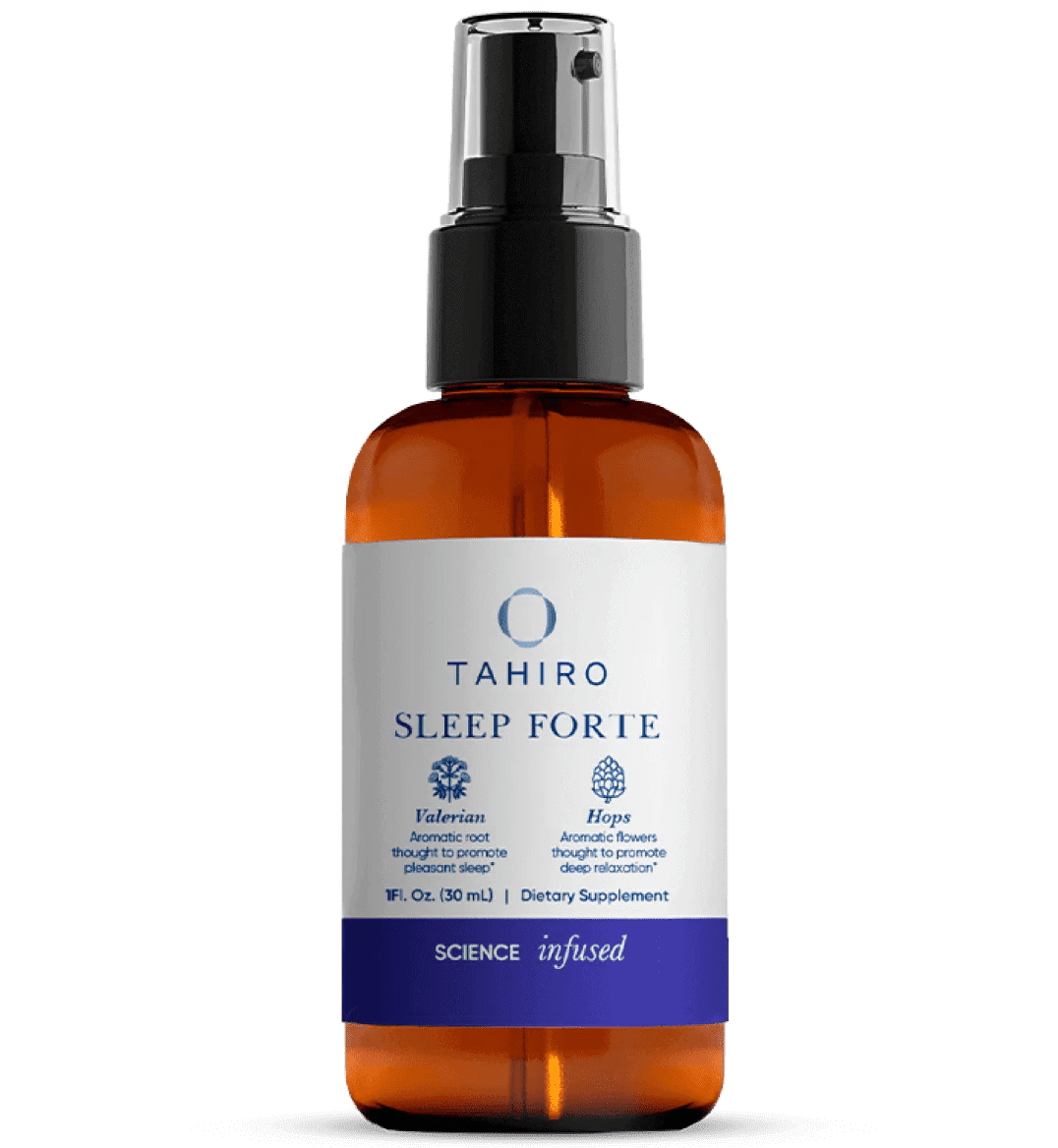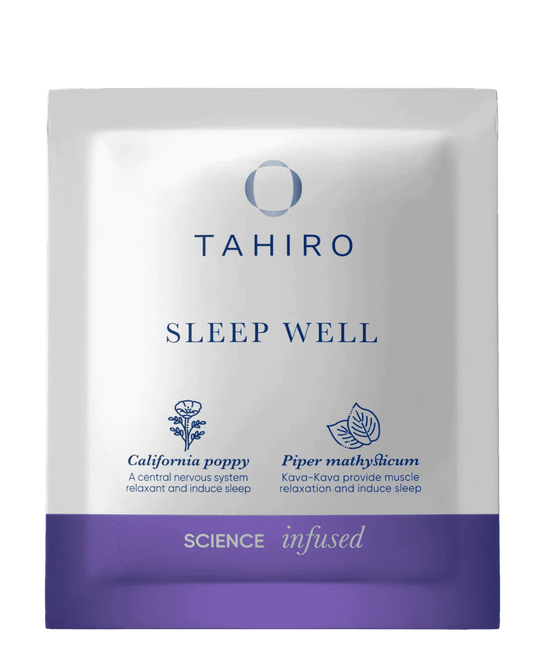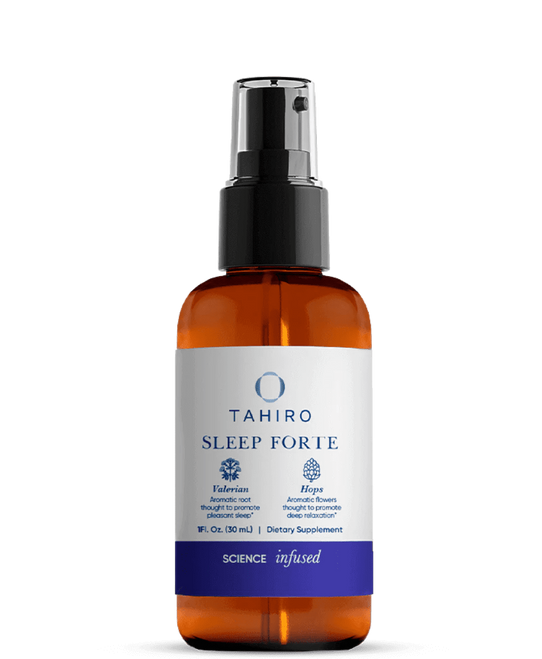As interest in herbal solutions for managing stress, anxiety, and sleep grows, two names often come up: Kratom and Kava. Both have gained traction as alternatives for relaxation and wellness. In this article, we’ll explore how they stack up against each other and offer insights to help you decide which one might suit your needs best.
What Is Kratom?
Kratom (Mitragyna speciosa) is a tree native to Southeast Asia, known for its stimulating and sedative effects depending on the dosage. Traditionally, it has been used for pain relief, energy boosting, and managing fatigue. However, it is now often consumed by people looking for relief from stress and anxiety (1).
Kratom Pros & Cons / Side Effects
Pros:
- May help alleviate anxiety and depressive symptoms (2).
- Provides pain relief and can increase energy in lower doses (3).
Cons / Side Effects:
-
Risk of dependency and withdrawal symptoms similar to opioids (4).
-
May cause nausea, vomiting, and dizziness (5).
-
Liver damage has been reported with prolonged use (6).
What Is Kava?
Kava (Piper methysticum) is a plant native to the South Pacific and has long been used for its calming and relaxing properties. It is especially popular among those looking for natural ways to combat stress, anxiety, and insomnia. Kava works by interacting with GABA receptors in the brain, promoting a state of calm without impairing cognitive function (7).
Kava Pros & Cons / Side Effects
Pros:
-
Promotes relaxation and reduces stress (8).
-
Helps improve sleep quality without the risk of dependency (9).
-
Eases muscle tension and promotes a sense of calm (10).
Cons / Side Effects:
-
In rare cases,high doses with prolonged use may cause liver toxicity (11).
-
Can lead to nausea or digestive discomfort (12).
-
Large doses may cause drowsiness and impair reaction time (13).
Kava vs Kratom: Similarities
-
Natural Anxiety Relievers: Both Kava and Kratom have been used traditionally to help alleviate anxiety and stress (14).
-
Muscle Relaxation: Both herbs offer muscle-relaxing effects, although Kava's effect is often seen as milder and without overstimulation (15).
Kava vs Kratom: Differences
-
Mechanism of Action: Kratom acts on opioid receptors in the brain, making it more likely to cause dependency, whereas Kava works on GABA receptors, producing calming effects with a lower risk of addiction (16).
-
Impact on Sleep: Kava is more effective as a sleep aid due to its ability to reduce anxiety and promote relaxation, while Kratom can sometimes lead to insomnia due to its stimulant effects at lower doses (17).
-
Addiction Risk: Kratom has a much higher risk of addiction and dependency compared to Kava, which is generally regarded as non-addictive when consumed in moderation (18).
How to Get Enough Kava and Kratom?
For Kava, the recommended daily dosage is typically between 70-250 mg of kavalactones (the active compound). It’s best to start with the lowest effective dose and gradually adjust as needed, especially if you're using it for anxiety or sleep. For a natural way to promote relaxation and improve sleep quality, consider Tahiro's Sleep Well, which contains a balanced and long term safe dose of Kava designed to help you unwind and rest more peacefully.
For Kratom, it's important to exercise caution due to its potential for dependency. Lower doses (1-5 grams) offer stimulating effects, while higher doses (5-15 grams) act as a sedative. However, it’s crucial to use Kratom sparingly to avoid addiction, and always consult with a healthcare provider before using it regularly.
Do Kava and Kratom Have the Same Effect?
No, Kava and Kratom have different effects. Kava is primarily used for relaxation and reducing anxiety, promoting calmness without affecting mental clarity. It’s also effective for improving sleep
Kratom, however, acts as a stimulant in low doses and a sedative in higher doses. It can relieve pain but carries a higher risk of dependency and side effects.
In short, Kava is better for stress and sleep, while Kratom has stimulating or sedative effects, depending on the dose, but comes with more risks.
Can You Get Addicted to Kratom and Kava?
Kratom carries a significantly higher risk of addiction due to its interaction with opioid receptors, making it potentially habit-forming with regular use (19). Withdrawal symptoms can include irritability, anxiety, and physical discomfort (20). Kava, on the other hand, is considered non-addictive, though heavy or prolonged use can lead to tolerance or mild dependency (21).
Kava vs. Kratom: A Legal Landscape Overview
When it comes to legality, kava and kratom stand in stark contrast. Kava is completely legal across all 50 states in the U.S., as it is not regulated by any federal or state law, making it widely accessible for consumers looking for its relaxing properties.
In contrast, kratom faces a more complicated legal landscape. While it is legal in many states, it has been banned in Alabama, Arkansas, Indiana, Rhode Island, and Vermont. Additionally, there are ongoing discussions and potential legislation in other areas that could further restrict its use. This disparity reflects broader concerns about the safety and regulation of kratom, which remains a contentious topic among lawmakers and health officials.
Which One Is Safer: Kava or Kratom?
Kava is generally considered safer than Kratom. While Kava can have side effects like nausea or liver toxicity in rare cases, it doesn’t carry the same risk of addiction. Kratom on the other hand, can be habit-forming, and long-term use can lead to dependency and severe withdrawal symptoms. Therefore, Kava is a safer option for regular use, especially for managing stress and sleep.






